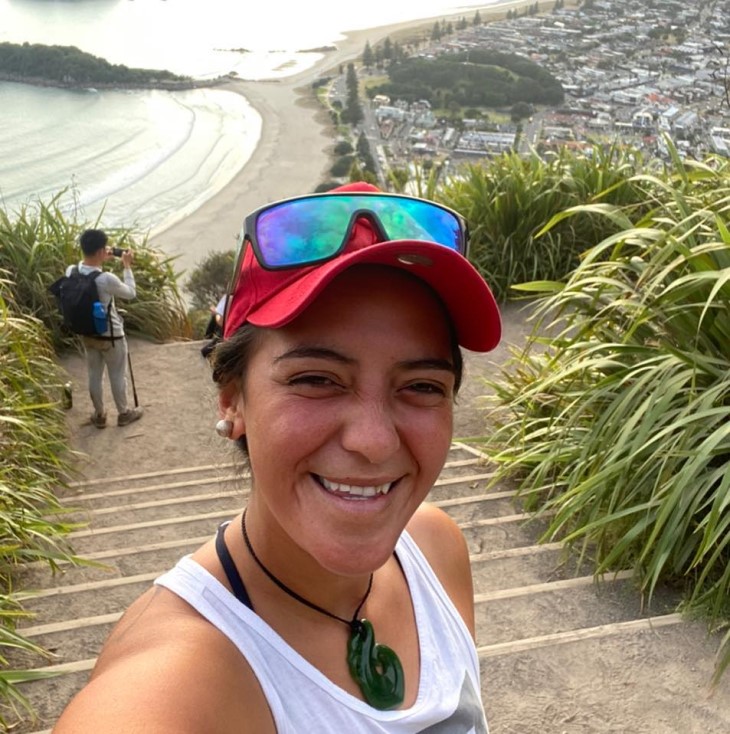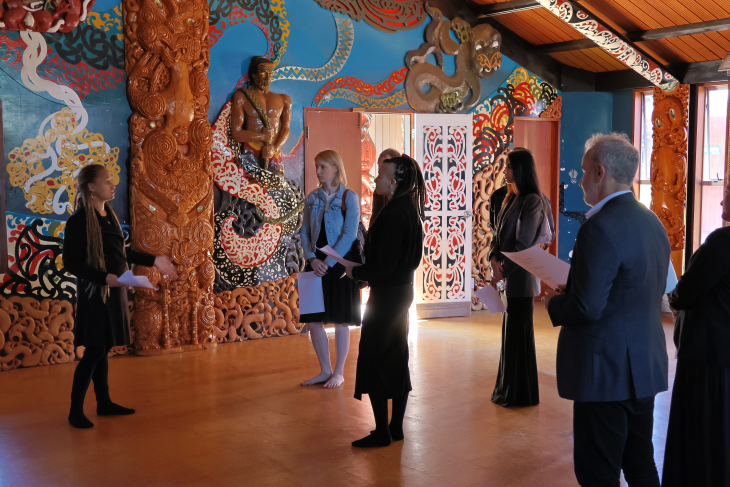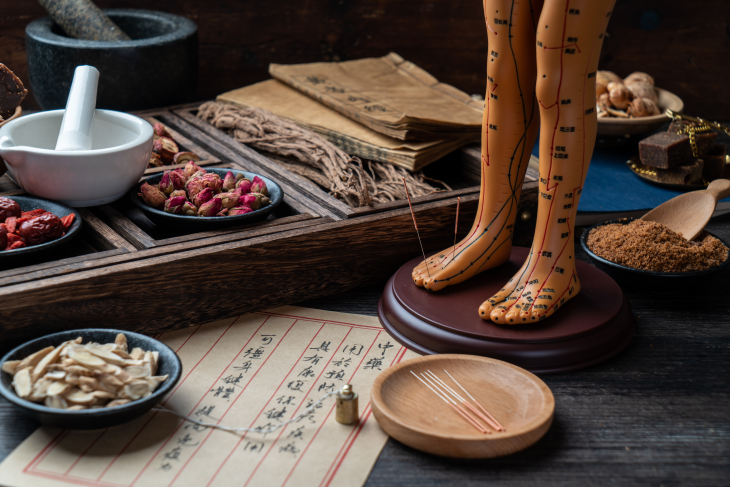Cultural safety and competency
Supporting cultural safety is part of our commitment to creating a more equitable ACC that's inclusive and beneficial for all New Zealanders.
Kawa Whakaruruhau – Cultural safety
Video transcript for Kawa Whakaruruhau – Cultural safety
Transcript
Hutia te rito o te harakeke, kei hea te kōmako e kō?
He aha te mea nui o te ao? He tangata, he tangata, he tangata.
At ACC, we want to improve access to care and reduce disparities by providing services that meet the unique needs of all New Zealanders.
Our cultural safety policy aims to make sure our kiritaki – our clients – receive equitable and culturally safe care.
We want our kiritaki to feel like the kōmako does, like the bellbird, in her natural environment.
Here, in the pā harakeke – the flax bush – she’ll thrive, take rest, and share her waiata to the rising of the sun.
The pā harakeke is her space, where she feels safe.
Ki konei, ko te reo, ko te tikanga me te kawa nōna kē; here, it's her language, her customs, her way of life.
We want ACC to provide that safe space, like the pā harakeke.
Our policy, Kawa Whakaruruhau, helps us bring whānau into spaces where their cultural needs are respected.
It weaves together te ao Māori and non-Māori approaches to help us achieve balance and equity.
The policy calls for those who work with us to share in this commitment to cultural safety, and aligns with approaches across the sector. And together with our cultural competency guidance, we can navigate towards this goal. So that, like the kōmako, our kiritaki feel comfortable to be themselves, to openly share without judgement, feeling empowered to take a more active role in their healing journey.
Working together, we can make a positive impact for whānau and achieve better health outcomes.
Because ‘what is the most important thing in the world?’ He tangata, he tangata, he tangata.
We want our kiritaki (clients) and whānau to be welcomed into culturally safe environments where they receive appropriate and equitable health care.
We’ve woven together te ao Māori and non-Māori worldviews, knowledge, and practices to create a cultural safety policy for providers, Kawa Whakaruruhau. This seeks to help improve the experiences and health outcomes of our kiritaki (clients) across all services we fund.
Our policy explains our stance on cultural safety and sets an expectation of how it’s applied.
For us, cultural safety is about acknowledging differences between groups and addressing biases that may impact on the quality of health and rehabilitation services, access to those services or the equity of health and rehabilitation outcomes.
He kaupapa-here | Our policy
Our Kawa Whakaruruhau (Cultural Safety) policy sets out our expectations on how cultural safety is to be applied by contracted and non-contracted providers and suppliers who deliver ACC-funded care to kiritaki (clients). The policy was developed in consultation with providers to ensure it fits with other approaches across the sector.

Kawa Whakaruruhau - Cultural Safety policy
Our policy outlines expectations on how cultural safety should be applied by all providers and suppliers who deliver ACC-funded care to kiritaki (clients).
He kupu ārahi | Our competency guidance
Cultural competence is having the attitudes, skills and knowledge to function effectively and respectfully when working with and treating people from a range of cultural backgrounds.
To support you with applying our Kawa Whakaruruhau policy, we’ve updated our cultural competency guidance.
Te whānau Māori me ō mahi: Guidance on Māori cultural competencies for providers was created by Mauri Ora Associates, a collective of Māori health professionals. It reflects current approaches to support health providers in their cultural competency to enable them to deliver culturally safe care.
Together with our policy, the guidance is asking providers and health care organisations to reflect, recognise difference, confront their biases and correct the imbalance of power in relationships with ACC kiritaki (clients).
Te whānau Māori me ō mahi: Guidance on Māori cultural competencies for providers
To support our policy, we created this competency guide. This helps enable health providers to delivery culturally safe care to kiritaki (clients).
He rauemi āwhina | Further resources
The Royal College of General Practitioners - health equity and cultural safety
Mauriora Health Education Research - what we teach
Health Navigator - cultural safety
Questions or feedback
If you are an ACC provider or supplier and you have questions or feedback about cultural safety or competency related to ACC-funded services, you can reach out to us.
Last published: 11 July 2025



